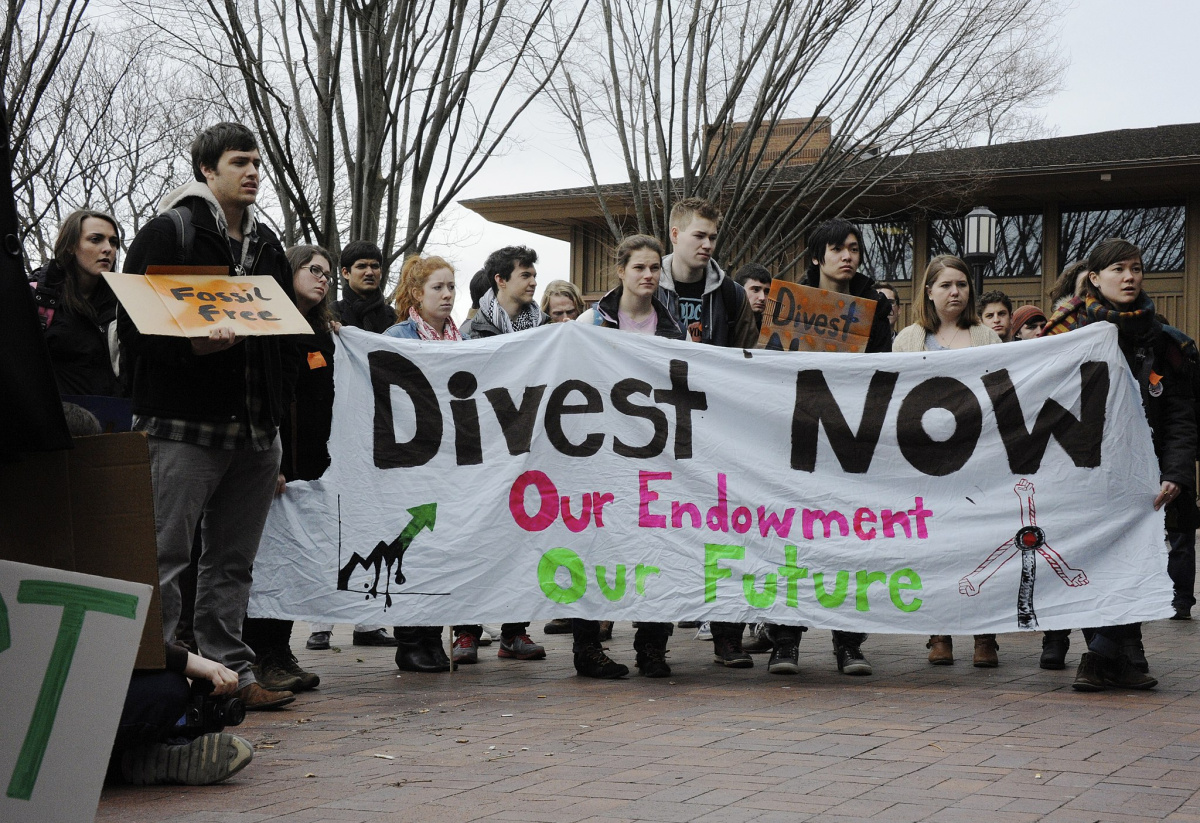Opinion
Woke Finance Is Hurting Americans. Here’s How the Hoosier State Trying to Stop It There.

The Indiana General Assembly will continue consideration this week of a commonsense bill that would help protect Indiana’s economy and retirees from the threat of the woke environmental, social, and governance movement.
House Bill 1008’s purpose is simple: Asset managers who invest for Indiana would be required to make investment decisions based on financial factors, like fund safety, income, and capital growth—not on political agendas that could destroy Indiana companies and put the investment returns of the state’s pension fund in jeopardy.
Environmental, social, and governance, or ESG, policies are the Left’s latest political tool to use businesses and financial institutions to advance progressive ideology in American society. ESG seeks to shut out traditional energy producers like coal and natural gas from the marketplace to advance the Left’s climate alarmism agenda. And it infuses businesses with critical race theory and radical gender identity theories to advance the Left’s so-called social justice agenda.
This is not smart investing, and ESG measures often are in direct conflict with business and shareholder interests. ESG costs Indiana in investment profits and costs consumers in the form of higher energy, food, automobile, and gas prices when companies focus on political agendas rather than meeting their customers’ needs.
ESG is not in the best interest of Hoosiers. HB 1008 would empower the Indiana treasurer to hold investment managers accountable for violating their fiduciary responsibility if they include politically motivated ESG policies when managing Indiana assets.
Asset managers who direct Indiana’s pension investments need to clearly understand what constitutes a violation of their fiduciary responsibility. Indiana can reasonably determine that an asset manager considered factors other than financial return if they are working by way of company engagement or board and shareholder votes to advance Green New Deal-style greenhouse gas emission reductions, for instance.
Indiana can also tell if an asset manager is divesting from companies that engage in the manufacture and sale of lawful firearms or if it is limiting contracts with companies that provide services supporting enforcement of our federal immigration laws.
If HB 1008 is enacted, Indiana will be protected from this liberal agenda that puts activism ahead of sound financial policy. Rather than allowing investment decisions to be subject to divisive politics, fanatical environmental extremism, and company-destroying activism, state assets would be shifted to asset managers focused on maximizing returns for our state and our public retirees.
Many of Indiana’s state and federal lawmakers see through the marketing schemes of asset managers like BlackRock. You don’t have to wander very far in Indiana to find proud corporations in energy, automotive (including our RV industry), and agribusiness that are vilified by ESG standards.
It is not sound policy to allow billions of dollars in investments on behalf of Hoosier retirees to flow through the hands of investment advisors who want to damage the state’s core industries.
Money managers following ESG edicts put Indiana energy producers and consumers at risk by imposing expensive mandates on utilities like Duke Energy, Indiana Michigan Power, and AES Indiana.
Companies like BlackRock have used their influence to pressure electric utilities to phase out gas and coal power by 2040. With coal and natural gas supplying nearly 90% of Indiana’s net electricity generation—and no “green energy” alternative capable of reliably replacing them—this means that BlackRock is actively working against the state’s jobs and consumers.
These financial institutions are also targeting auto manufacturers and agriculture—two significant Indiana industries. For the automotive industry, money managers belonging to the Climate Action 100+ initiative are now pushing for companies to eliminate sales of new gasoline-powered passenger cars by 2035. When it comes to agriculture, asset managers are also trying to force farmers, ranchers, and producers to switch to expensive electric farm vehicles and restrict fertilizer use.
HB 1008 would not only protect investments on behalf of Hoosier retirees, but it would also protect Indiana’s businesses and citizens. High inflation and financial uncertainty are already a burden Hoosiers face due to the political thinking that supports policies like ESG.
Despite asset managers’ promises that these ESG standards are adopted to maximize returns, the opposite has been proven true on several occasions. Last year, as analysis from The Heritage Foundation highlighted, money managers divested from certain oil and gas companies, like Exxon, citing concerns over greenhouse gas emissions. Exxon, of course, went on to be one of the highest-performing stocks last year.
And Exxon is not alone in showing that ESG is a risky bet.
As always, there are powerful political forces, mostly outside of Indiana, that actively work to protect their own interests by opposing legislation like HB 1008. As asset managers like BlackRock prove, political activism is its own powerful agenda—and it doesn’t take into account the health or well-being of their investing customers.
State lawmakers must not give in to this outside political pressure as HB 1008 moves through the General Assembly. Hoosiers want financial institutions they entrust with their retirement savings to work for them and their neighbors. This legislation is an opportunity for state lawmakers to stand up for their citizens and for their industries and protect Indiana from the dangers of woke ESG standard.
This article originally appeared in The Daily Signal.
Featured image, James Ennis, CC BY 2.0 <https://creativecommons.org/licenses/by/2.0>, via Wikimedia Commons.